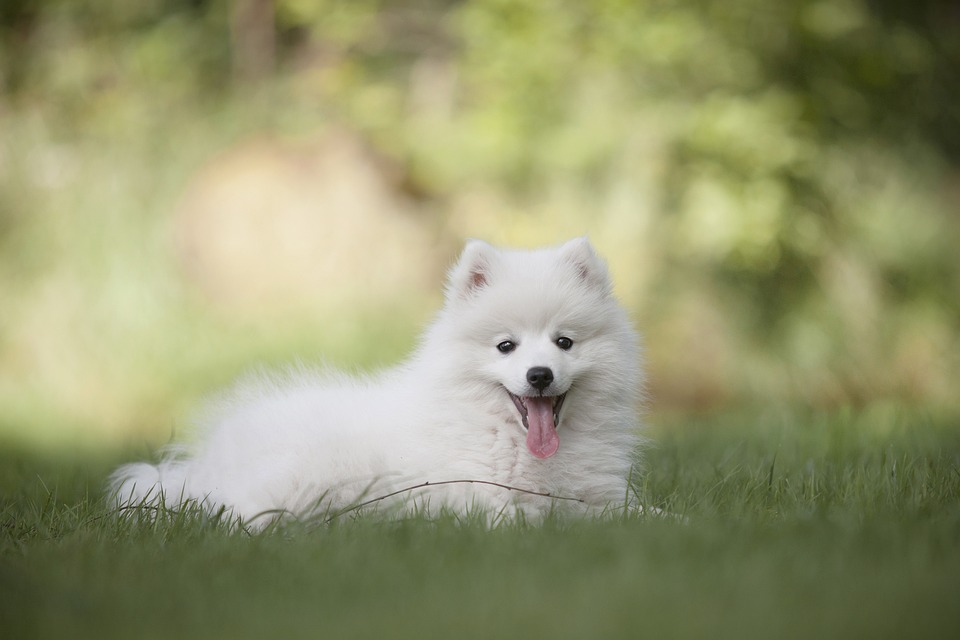Training a puppy to stop biting is an important responsibility for pet owners. Puppy biting is a natural behavior, but it can become problematic if not addressed early on. In addition to the potential for injuries, biting can develop into a habit that is difficult to break. This article will explore effective techniques for training your puppy to stop biting and answer some frequently asked questions about this common issue.
Before diving into the training techniques, it is crucial to understand why puppies bite in the first place. Puppies explore their surroundings using their mouths, which includes biting and mouthing. This behavior is a normal part of their development, similar to how human infants put objects in their mouths. Additionally, puppies may bite as a form of play, to seek attention, or to relieve teething discomfort. Understanding these underlying reasons will help you tackle the issue effectively and with empathy.
Here are some effective techniques for training your puppy to stop biting:
1. Redirect the behavior: When your puppy starts to bite, redirect their attention to an appropriate chew toy or bone. This teaches them that biting on appropriate items is acceptable while redirecting their attention away from inappropriate biting.
2. Use positive reinforcement: Praise and reward your puppy when they exhibit appropriate behavior. Positive reinforcement, such as treats or verbal praise, helps reinforce the idea that not biting leads to positive outcomes.
3. Teach bite inhibition: Encourage gentle play and reward your puppy when they exhibit soft mouth behavior. Gradually discourage biting by yelping in a high-pitched voice to mimic a puppy’s cry if they bite too hard. This mimics how puppies communicate with each other during play, helping them understand the concept of bite inhibition.
4. Avoid rough play: Discourage rough play with your puppy, as it can inadvertently encourage biting and aggressive behavior. Instead, focus on gentle interactions and appropriate play activities.
5. Establish boundaries: Set clear boundaries for your puppy by teaching them the “leave it” and “drop it” commands. This helps them understand when they should stop biting and release objects they shouldn’t have in their mouth.
6. Socialize your puppy: Expose your puppy to a variety of experiences, including different people, animals, and environments. This helps them develop proper social skills, reducing the likelihood of fear-based aggression or excessive biting.
Now, let’s address some frequently asked questions about puppy biting:
1. Is it normal for puppies to bite? Yes, it is normal for puppies to bite as part of their natural exploration and play behavior. However, it is essential to redirect this behavior towards appropriate items and teach them bite inhibition.
2. How can I tell if my puppy is biting too hard? If your puppy’s biting causes pain or leaves marks on your skin, they are likely biting too hard. Yelping and stopping playtime momentarily can help them understand that their biting is too rough.
3. Can I use punishment to stop my puppy from biting? It is not recommended to use punishment as a primary method for stopping biting. Positive reinforcement and redirection are more effective and help maintain a positive relationship with your puppy.
4. When should I seek professional help for my puppy’s biting? If your puppy’s biting becomes aggressive, persistent, or is causing injuries, it is crucial to seek professional help from a qualified dog trainer or behaviorist who specializes in puppy training.
Remember, training your puppy to stop biting requires patience, consistency, and positive reinforcement. By employing these effective techniques and addressing the issue early on, you can help your puppy develop proper bite inhibition and maintain a happy and harmonious relationship.









